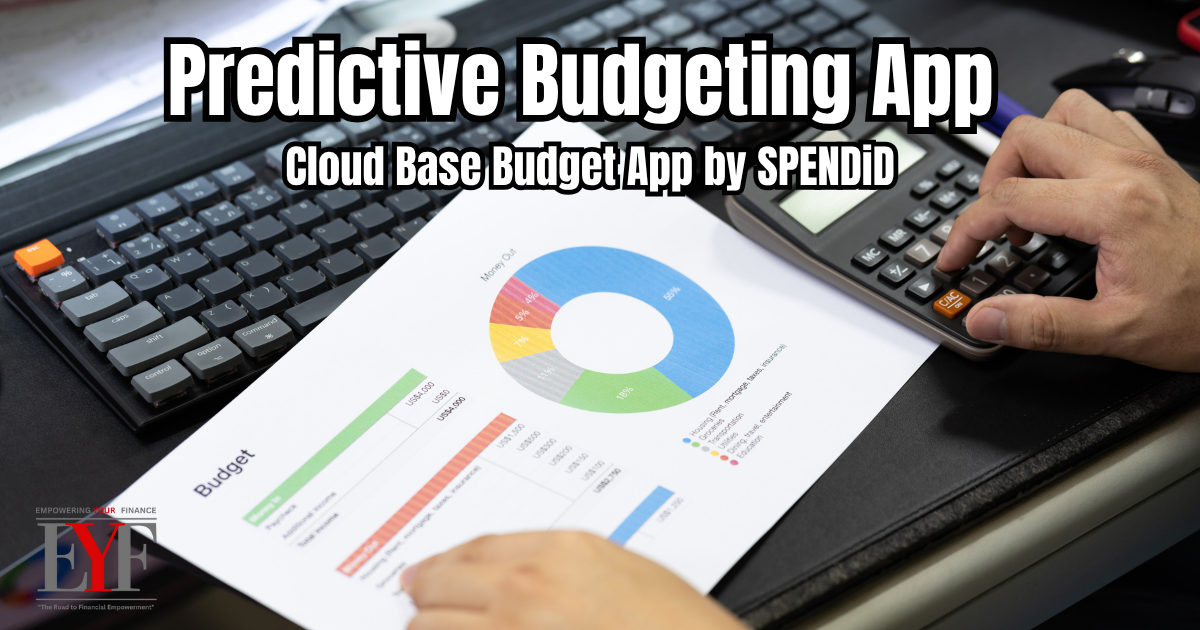Financial Basics for Millennials 2025

Financial Basics for Millennials 2025
Stop Living Paycheck to Paycheck: Financial Basics for Millennials:
Are you tired of feeling broke all the time? Do you dream of achieving financial freedom and security? As a millennial, you face unique financial challenges, from student loan debt to a competitive job market. But don't worry; you can take control of your finances and build a brighter future. This blog post will cover the essential financial basics that every millennial needs to know.
Setting Financial Goals
Before diving into budgeting and saving, it's crucial to establish clear financial goals. These goals will provide direction and motivation for your financial journey. Ask yourself:
• What are your short-term goals (e.g., new car, vacation)?
• What are your intermediate-term goals (e.g., buying a home)?
• What are your long-term goals (e.g., retirement savings or your child's education)?
• How important is each goal to you?
• How much do you need to save for each goal? Once you clearly understand your goals, you can create a budget to help you achieve them.
Creating a Budget
A budget is the foundation of sound financial management. It helps you track your income and expenses, ensuring you're not spending more than you earn. Follow these steps to create a personal budget:
• Identify Your In come: Calculate your total monthly income from all sources, including wages, salaries, investments, and any other regular income.
•Track Your Expenses: Carefully categorize your monthly expenses, separating fixed expenses (e.g., rent/mortgage, utilities, insurance, loan payments) from discretionary expenses (e.g., entertainment, dining out, travel, hobbies).
• Compare Income and Expenses: Analyze your income and expenses to see if you're overspending. If your expenses exceed your income, adjustments are needed.
• Make Adjustments: Prioritize essential expenses and reduce spending on non-essential items. Explore options to reduce fixed expenses, such as negotiating lower bills or finding more cost-effective housing.
• Allocate Funds for Savings: Make regular contributions to your savings accounts, including an emergency fund and savings for your other financial goals.
• Track and Review: Monitor your spending and income regularly to ensure you stay within your budget. Adjust as needed, especially if your income or expenses change.
Building an Emergency Fund
Life is unpredictable, and financial emergencies can happen when you least expect them. An emergency fund 3 to 6 months acts as a safety net, providing financial security during unexpected events like job loss, medical emergencies, or car repairs.
• Determine Your Savings Goal: When deciding how much to save, consider factors such as job security, health, income, and debts. While three to six months of living expenses are often recommended, adjust this based on your circumstances.
• Automate Savings: Regularly contribute a percentage of your paycheck to your emergency fund. Set up automatic transfers to make saving consistent and effortless.
• Continue Saving: Add to your emergency fund after reaching your initial goal. The more you save, the better prepared you'll be for unexpected financial challenges.

Managing Debt
Debt can be a significant burden, especially for millennials with student loans. It is crucial to take proactive steps to manage existing debt and avoid unnecessary borrowing.
Student Loan Debt• Explore Repayment Options: Check for income-sensitive repayment options or Income-Based Repayment plans that adjust your monthly payments according to your income.
• Consider Refinancing or Consolidation: This could potentially lower interest rates or simplify the repayment process by combining multiple loans into one. Credit Card Debt
• Use Credit Cards Wisely: While credit cards can be helpful for tracking expenses, they can also lead to overspending. Set a balance you can pay off monthly to avoid high-interest charges.
• Evaluate Credit Card Offers Carefully: Before accepting a credit card, carefully review the terms and conditions, interest rates, fees, and rewards programs. Choose a card that aligns with your spending habits and financial goals.
New Borrowing
• Think Carefully Before Borrowing: Evaluate whether new borrowing is necessary and if it aligns with your financial goals.
• Compare Loan Options: Shop around to ensure you get the best possible interest rates and terms before taking on any new debt.
Leveraging Technology
Technology can be a valuable tool for millennials managing their finances. Financial apps and programs offer features to simplify budgeting, track spending, and stay organized.
• Centralized Financial Tracking: Many apps provide a central hub for monitoring bank accounts, credit cards, investments, and loans, simplifying financial overview and management.
• Budgeting Tools: Budgeting apps can help you create and manage budgets, track spending, set financial goals, and receive alerts to help you stay within limits.
• Bill Payment Reminders: Apps often include bill payment reminder features, reducing the risk of late fees and potential damage to your credit score.
• Financial Education: Numerous apps and online platforms provide access to educational resources, including articles, videos, and calculators, to enhance financial literacy.
While technology is a valuable tool, it's essential to remember that it shouldn't replace professional financial advice. Consider consulting a financial advisor for personalized guidance tailored to your circumstances.
Taking control of your finances is crucial for millennials to achieve their financial goals and build a secure future. You can pave the way for financial success by setting clear goals, creating a budget, building an emergency fund, managing debt wisely, and leveraging technology to your advantage. Remember, financial well-being is a journey, and every step toward responsible financial management brings you closer to a brighter future.
"If you want to thrive in today's economy, you must challenge the status quo and get the financial education necessary to succeed" - Robert Kiyosaki

Subscribe to our newsletter below for the latest information, resources, strategies, and tools in personal finances.
Share












